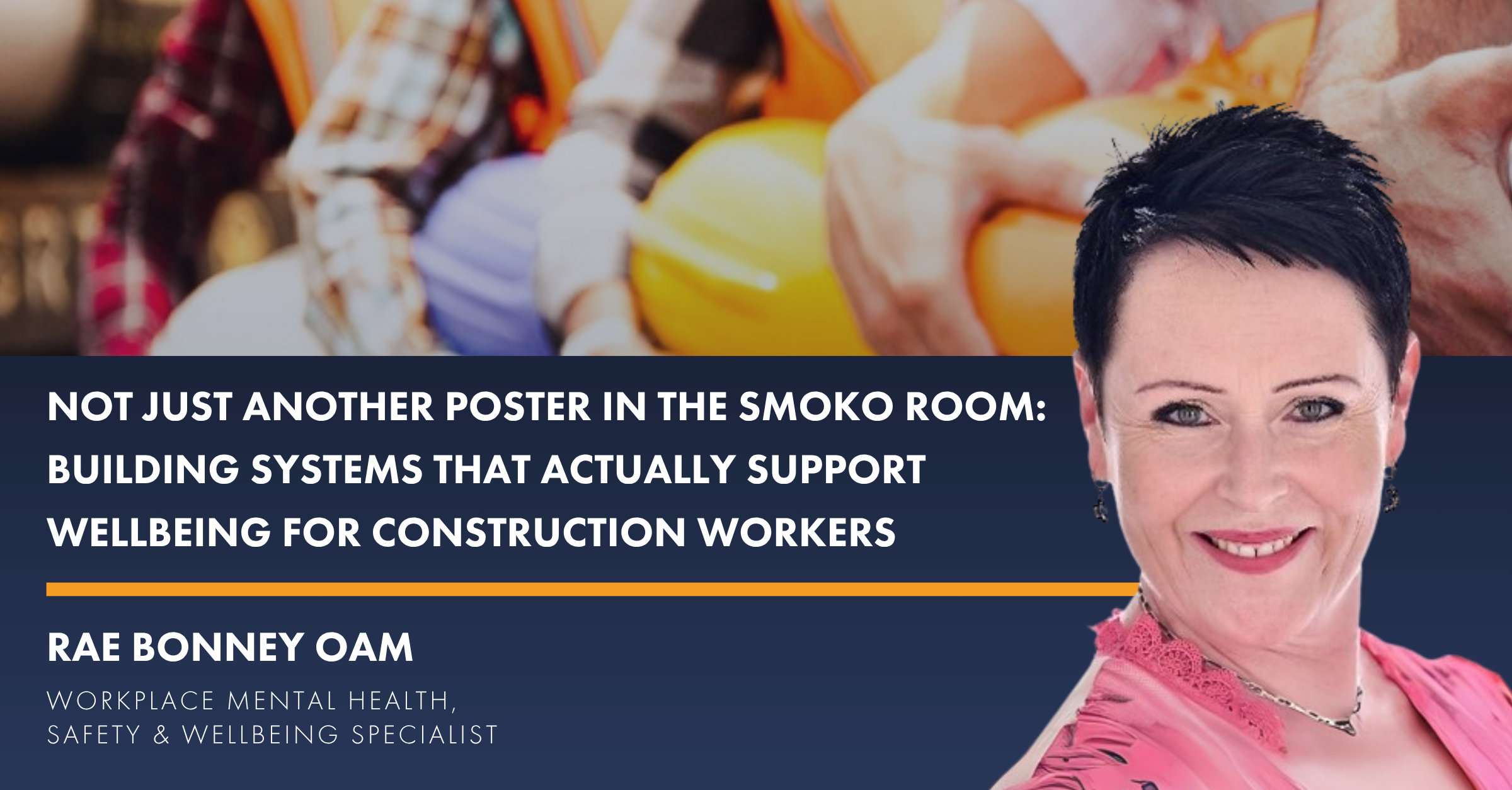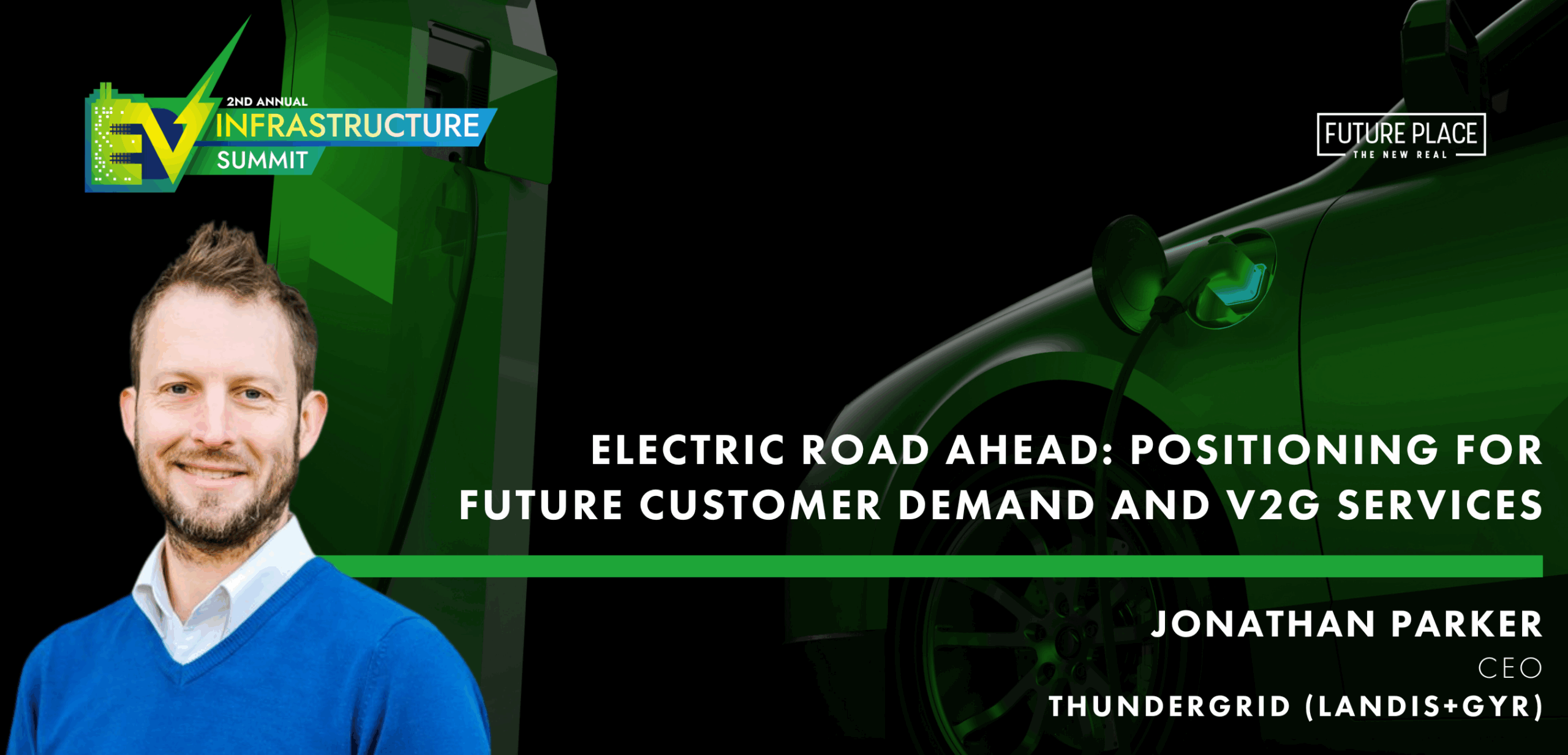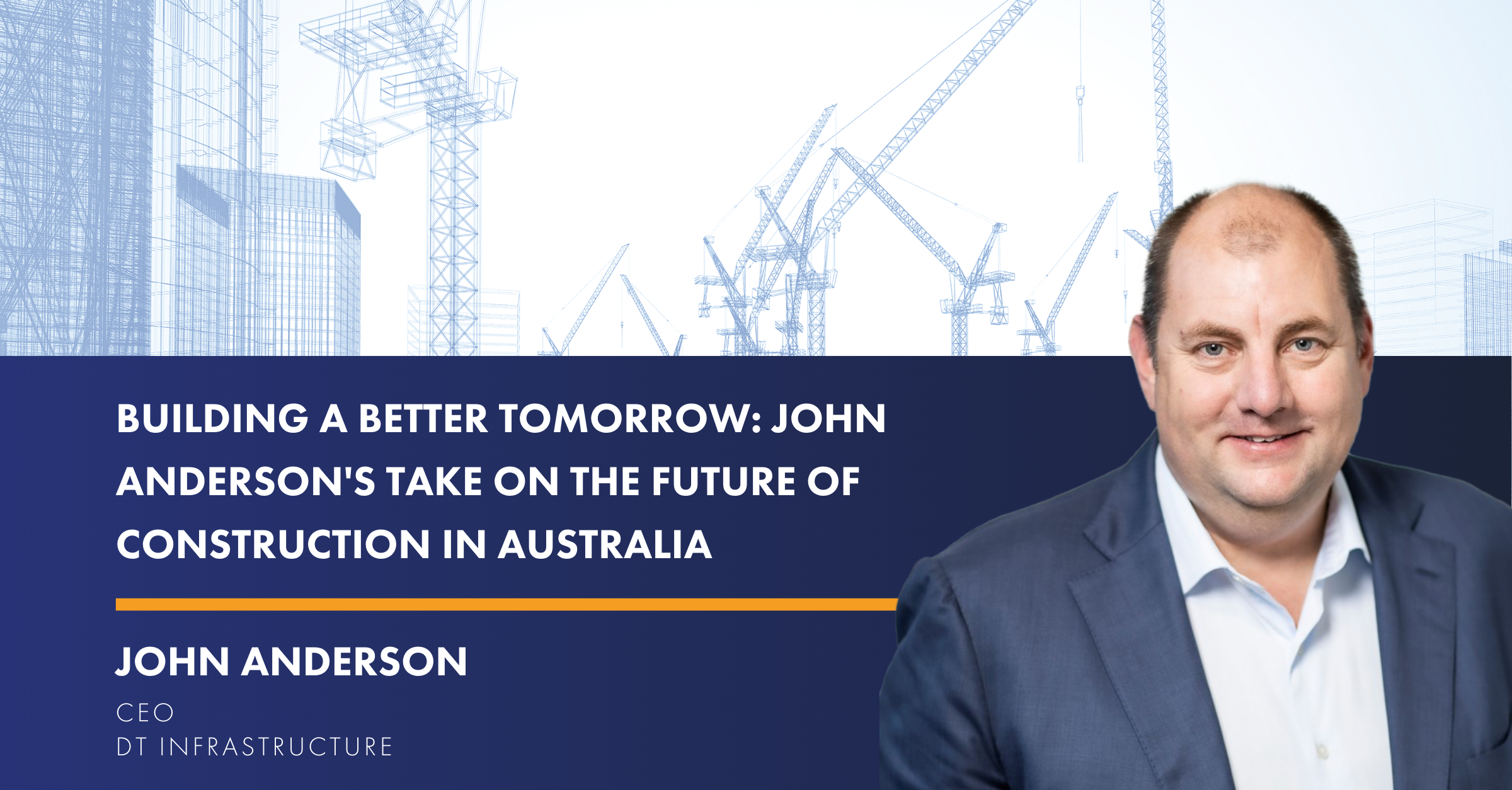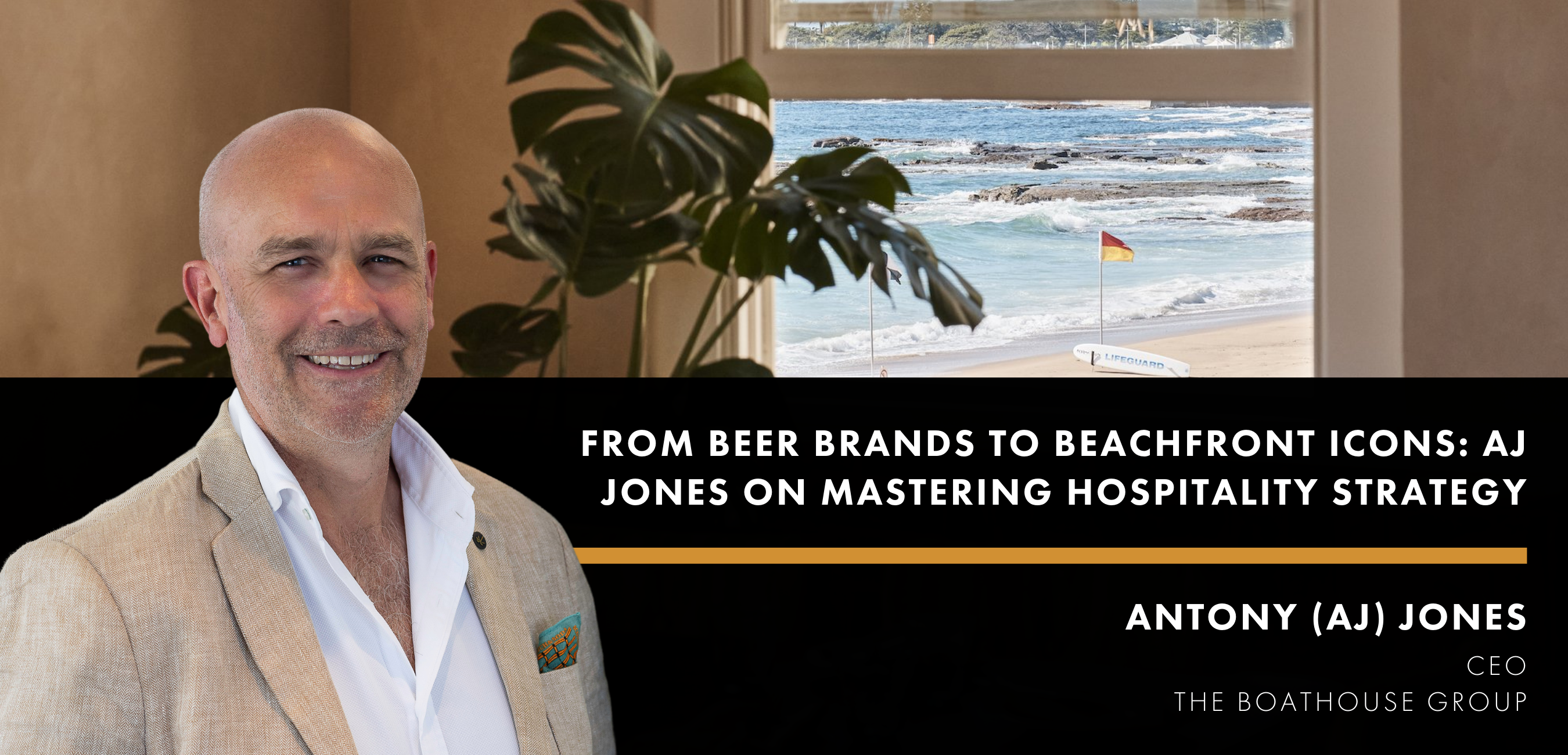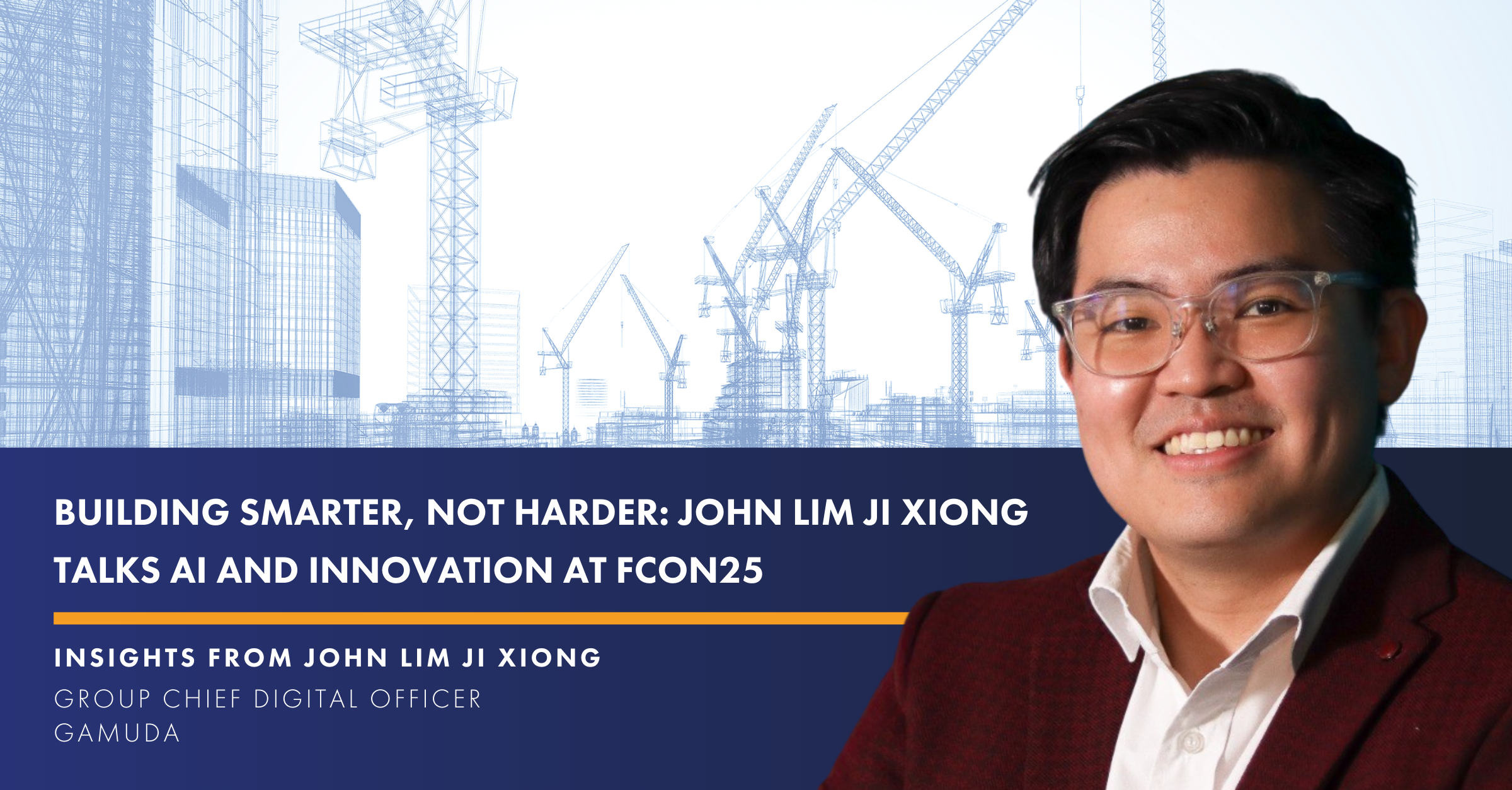Rae Bonney’s work is driven by both deep compassion and hard-won insight. With more than 40 years in people-focused roles and a career shaped by her advocacy in mostly male, high-risk industries, she brings an unflinching yet empathetic lens to the challenges facing today’s workforce. In this candid interview, Rae opens up about what drew her to workplace mental health, the emotional toll often hidden beneath hi-vis and hard hats, and why genuine care – not quick fixes – holds the key to safer, stronger, and more human workplaces. She’ll be sharing more at the upcoming Construction Workforce Summit (10th September, Sydney).
FuturePlace: Can you tell us a bit about your journey and what led you to specialise in workplace mental health and wellbeing?
Rae Bonney: I grew up in the 70s, witnessing the stark differences in men’s and women’s roles. Men often left with little choice about occupation, many of which were unsafe and life threatening. This left a lasting impression on me. My work in mostly male industries is driven by these early experiences and the need for better support. A pivotal moment was working with Beyond Blue’s research into mental health in Australian workplaces in 2014, which laid the groundwork for significant positive changes.
FuturePlace: From your experience, what are some of the biggest emotional or psychological pressures workers in construction are facing today?
Rae Bonney: In construction, men can often face hidden challenges, such as, what I call the “trifecta” of relationship breakdown, financial distress, and child custody issues. These can lead to substance misuse, loneliness, and a loss of purpose.
The lack of targeted support and male-friendly services exacerbates these issues. There is little intervention upstream to prevent this decline, and no meaningful support downstream when things fall apart. This absence in our systems – at government, organisational, and community levels – contributes to devastating outcomes, including suicide.
This is why I advocate so strongly in this space. Not just for awareness, but for targeted action that acknowledges gendered experiences of mental health, particularly in industries like construction. These workers deserve more than a generic wellbeing poster in the smoko room – they need real, human-centred support systems that reach them where they are, before crisis hits.
FuturePlace: You’ve done a lot of work around men’s and boys’ wellbeing – what’s often overlooked when we talk about supporting them in industries like construction?
Rae Bonney: We often overlook the real risk factors and impose guilt and shame on men. Instead of trying to “fix” them, we need to meet them where they are with genuine care and curiosity. Listening and creating environments that respect masculinity can lead to transformative change.
FuturePlace: What practical steps can leaders take to create more psychologically safe environments, beyond just policies or programs?
Rae Bonney: Leaders should meet their people with curiosity, care, and kindness. Creating a psychologically safe environment involves implementing accessible systems, policies, and practices. It’s a shared responsibility between organisations and individuals to foster a culture of care and support.
FuturePlace: How have you seen attitudes shift around these topics in recent years – and what’s still holding us back?
Rae Bonney: There has been a positive shift in attitudes towards mental health, thanks to organisations like Beyond Blue and Movember. However, challenges remain, particularly around suicide and workplace fatalities. Stigma and traditional gender norms still hold us back, and more systemic changes are needed to support men’s health and wellbeing.
FuturePlace: You’re joining us at the Construction Workforce Summit – what are you most looking forward to contributing to or hearing discussed?
Rae Bonney: What excites me most about this Summit is the opportunity to come together – collectively and collaboratively – with people who genuinely care about the future of the construction sector and the people who make it what it is.
This event offers a fabulous opportunity to co-create an environment where we can evolve not just the sector, but the broader way we approach work, wellbeing, and culture. I’m especially energised by the prospect of hearing from others – learning from their stories, challenges, and solutions – and adding to my own repertoire of experience and understanding.
I’m coming into the room with a mindset of deep curiosity, ready to listen and to grow. And equally, I hope to contribute meaningfully by sharing what I’ve seen and learned – from real people, in real workplaces, often facing real crisis.
There’s something powerful that happens when we bring together diverse voices who are united by a shared goal: to improve lives. Together, we can create a future where asking, “What does it feel like, being you, today?” becomes standard practice – not just for employees, but for leaders too. For everyone.
Rae Bonney doesn’t just talk about mental health – she challenges the construction industry to confront it with honesty, empathy, and action. At the Construction Workforce Summit, Rae will lead two powerful sessions: a fireside chat with WHS expert Mike Hagan on breaking the silence around mental health, and a practical roundtable focused on moving from awareness to action. Whether you’re a site manager, HR leader, or executive, her message is clear: the time for performative wellness is over. Join Rae and other industry changemakers on September 10 to learn how we can create safer, more human workplaces – where mental health is protected as fiercely as physical safety.
Learn more about The Construction Workforce Summit here.
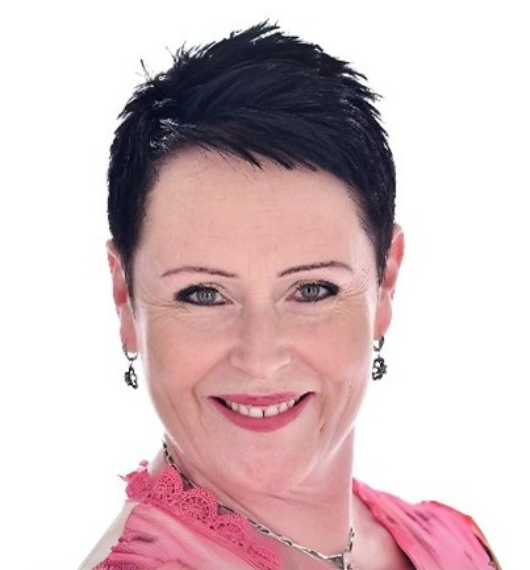
Rae Bonney
Workplace Mental Health, Safety & Wellbeing Specialist
Rae will be speaking at our upcoming Construction Workforce Summit in Sydney on 10th September.

